 Persuasion is colloquially known as an art form because it requires creativity, it’s nuanced, it inspires and incites different understandings and interpretations. Put simply, persuasion is the process of presenting opinions or arguments in order to shift an audiences’ thinking.
Persuasion is colloquially known as an art form because it requires creativity, it’s nuanced, it inspires and incites different understandings and interpretations. Put simply, persuasion is the process of presenting opinions or arguments in order to shift an audiences’ thinking.
However, we mustn’t confuse persuasion with manipulation. Manipulation is a selfish act, one where we try to convince someone to do something that’s in our interest, but not necessarily theirs. Persuasion is about mutual benefit.
When it comes to business, entrepreneurship or one’s own career, persuasion is often overlooked. We often think that drive and passion alone is enough to lead to success. But if the right people don’t understand or can’t see why you’re so passionate, or what you’re driven about, your energy could very well be wasted. It’s crucial that you get your audience to see what you see, to believe what you believe in.
Being persuasive leads to successful pitches, nurturing connections and growing your network, investors backing you, effective leadership, landing new clients and customers. It’s for these reasons that persuasion is one of the 10 uniquely human skills we’ve identified as critical for preparing our students for a tech-dominated future.
There are numerous ways you can become more persuasive, we’ve identified seven:
-
- Curiosity
Before you can persuade anyone, you need to understand them, the context and permutations adequately. Delve deeper, question, read, learn and challenge. Whether innately curious or consciously so, it’s a quality that will always be beneficial (which is why it’s one of our values).
-
- Empathise and personalise
Being empathetic goes hand in hand with being curious. It comes down to grasping your audience, who they are, how they feel and why they feel the way they do. Once you’re able to effectively empathise with them, you can tailor and personalise your persuasive efforts accordingly.
-
- Context & timing
Once you understand your audience, you will be able to discern which context is ideal for them. Wherever possible, make sure you get as close to the ideal situation as you can. The closer you get, the greater the chance of success.
-
- Connect
You’re far more likely to persuade someone if there’s common ground. You can encourage familiarity and create an emotional connection by subtly mirroring your audience’s language and mannerisms. If this not done authentically, however, it will have the opposite effect.
-
- Brevity
We live in a world of dwindling attention spans, so try to keep things short. Whether you’re pitching or telling a story, the more succinct you are, the higher the chance of persuading your audience.
-
- Address negatives
Doubts can creep in with even the most brilliant ideas. While persuasion is largely about focusing on positives, it will stand you in good stead to also note the negatives. You want your audience to know you’ve given them thought and worked through the issues. It’ll give you, and what you say, more authority.
-
- Repetition & persistence
Our beliefs are reinforced with repetition and this can work internally and externally. Use every opportunity to express your ideas to your audience, while consistently highlighting its value. Soon they will believe in it as much as you do.
About the article author: Molly is Red & Yellow’s Communications Champion who likes to chat, write and eat. She broadens her mind by reading, playing music, making things and travelling.
Sources for further reading:
Art of persuasion for entrepreneurs


 Persuasion is colloquially known as an art form because it requires creativity, it’s nuanced, it inspires and incites different understandings and interpretations. Put simply, persuasion is the process of presenting opinions or arguments in order to shift an audiences’ thinking.
Persuasion is colloquially known as an art form because it requires creativity, it’s nuanced, it inspires and incites different understandings and interpretations. Put simply, persuasion is the process of presenting opinions or arguments in order to shift an audiences’ thinking.
